When you’re buying, renting, or managing a property, the law can feel like a maze. Missing a deadline or overlooking a clause can cost you money, time, or even the right to stay in a home. That’s why we’ve pulled together the most common legal questions and turned them into quick, punchy answers you can use right now.
First things first – registering your property properly protects your ownership claim. In India, that means getting the sale deed stamped, submitting it to the local Sub‑Registrar, and paying the applicable registration fee. Miss a step and you could face a costly legal battle later.
If you’re dealing with US markets, the process changes a bit. For example, New York City uses the ACRIS system to record deeds and pay registration fees. A simple online portal lets you file the paperwork, but you still need to double‑check the exact fee schedule for your borough. Forgetting to pay the correct amount can delay the whole transfer.
Taxes are the next big hurdle. In Virginia, property tax rates differ by county, and bills arrive twice a year. Setting a reminder for the due dates helps you avoid penalties. In India, you’ll pay municipal taxes based on the property’s assessed value, and these can rise if the local council upgrades services.
Renters often wonder how strict income requirements can be. In Virginia, a landlord can ask for proof that your monthly income is three times the rent, but the rule isn’t a law – it’s a market practice. If you feel the demand is unfair, you can negotiate or look for landlords who use a lower multiplier.
Landlords, on the other hand, have responsibilities. In Virginia, they can show a rental unit to prospective buyers while you're still living there, but they must give you reasonable notice and respect your privacy. Maryland follows a similar rule, but landlords need written permission for most entry unless there’s an emergency.
Out‑of‑state owners often miss hidden duties. If you own a property in Virginia but live elsewhere, you still have to file state taxes, keep up with local inspections, and ensure a local agent can receive legal notices. Ignoring these can lead to penalties or even a forced sale.
Managing your own rental property is doable, but you must meet licensing requirements in some states. Maryland, for instance, asks property managers to hold a real estate license if they collect rent on behalf of an owner. Skipping this step can expose you to fines.
Finally, remember that rental income is taxable. In Virginia, you report it on your state return and can deduct expenses like repairs, mortgage interest, and property management fees. Keeping clean records all year makes filing a breeze and may lower your tax bill.
Legal issues can feel overwhelming, but tackling them one piece at a time keeps you in control. Bookmark this page, set calendar alerts for tax deadlines, and always read the fine print before signing any lease or deed. Got a specific question? Our detailed articles dive deeper into each topic, so you never have to guess again.
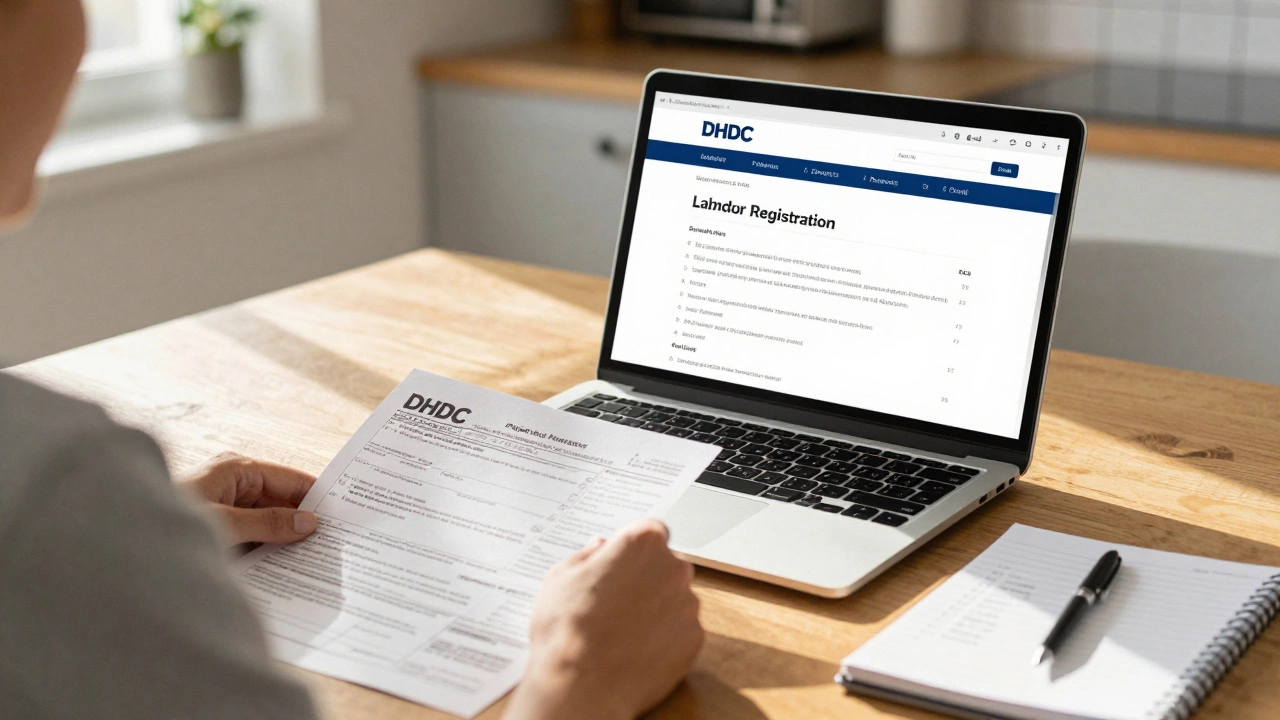
In Maryland, all landlords must register their rental properties with the state. Skipping registration can lead to fines, eviction delays, and legal trouble. Here’s how to register, avoid common mistakes, and stay compliant.
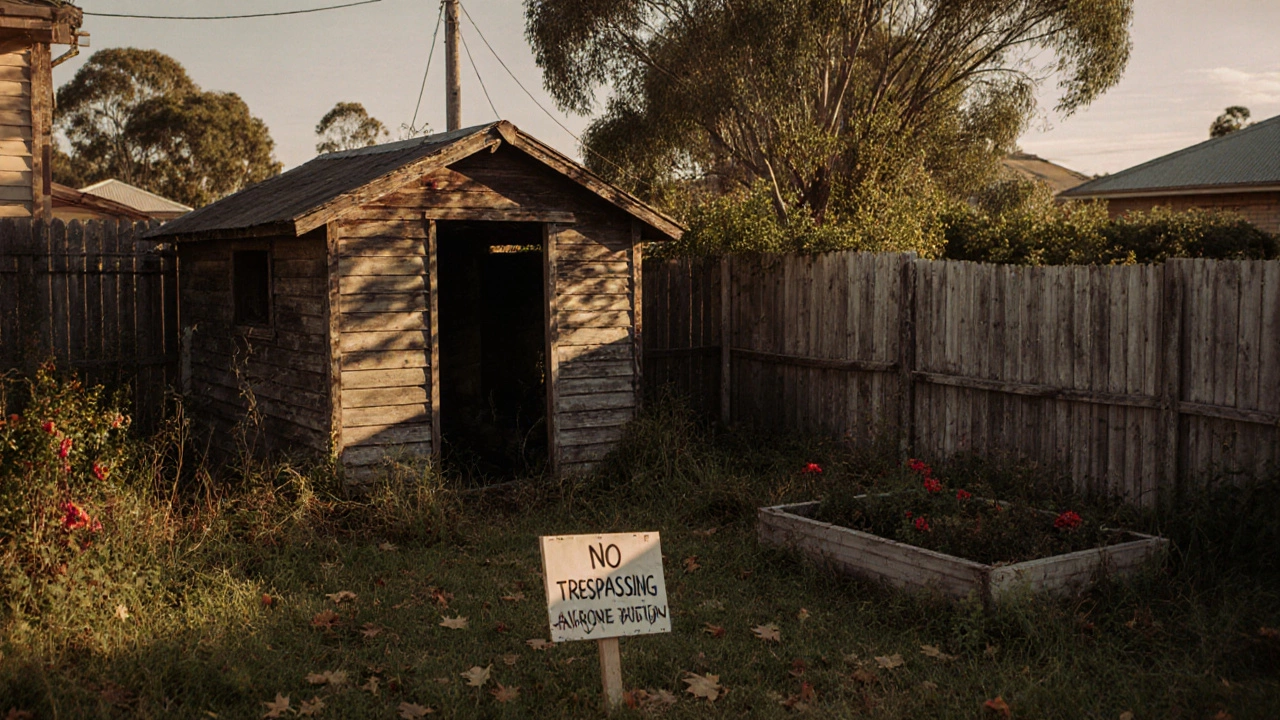
The 20-year rule in Australia allows someone to claim ownership of land they've used openly and continuously for two decades without permission. Learn how it works, who it affects, and how to protect your property.
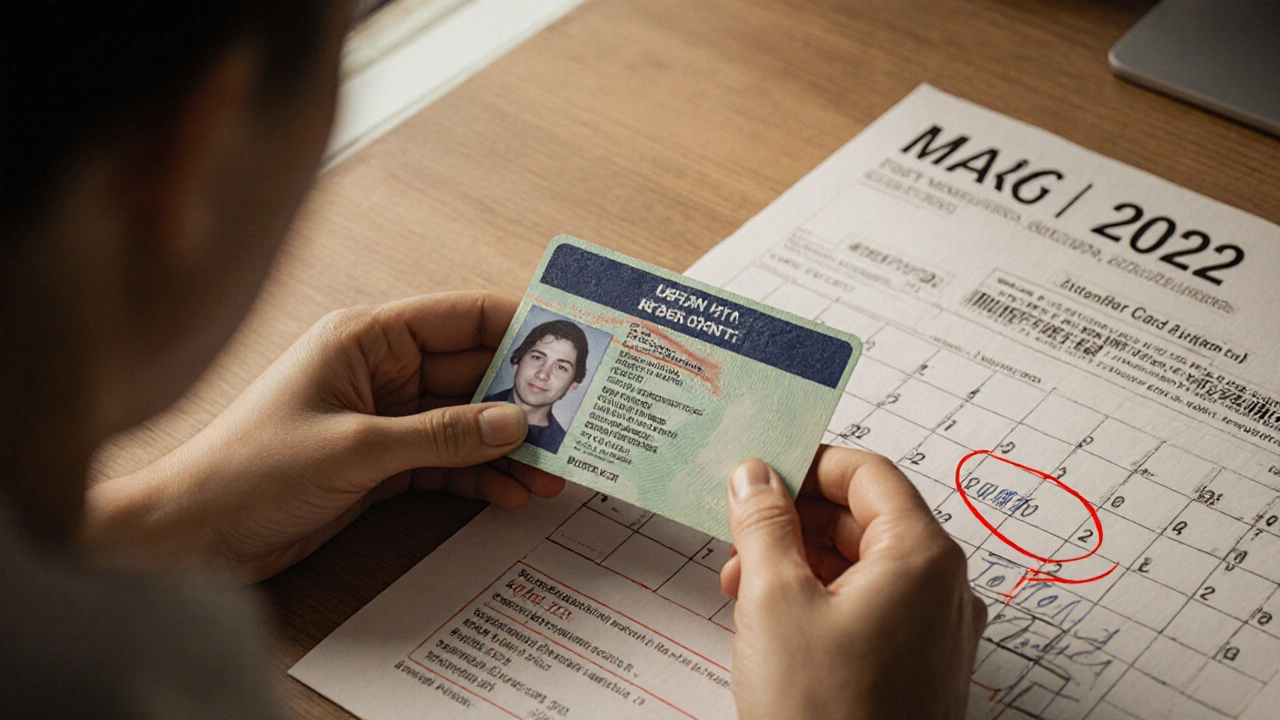
Learn how to find your official legal residency date using immigration records, property registration, tax filings, and voter documents. Know the exact date you became a legal resident for benefits, loans, and legal compliance.

Learn the step‑by‑step legal requirements for building a house in Virginia, from zoning checks and permits to inspections and costs, in clear, practical language.

Learn how to quickly obtain a certified copy of your NYC property registration with step‑by‑step instructions, online, in‑person, and mail options, plus fees, required documents, and FAQs.
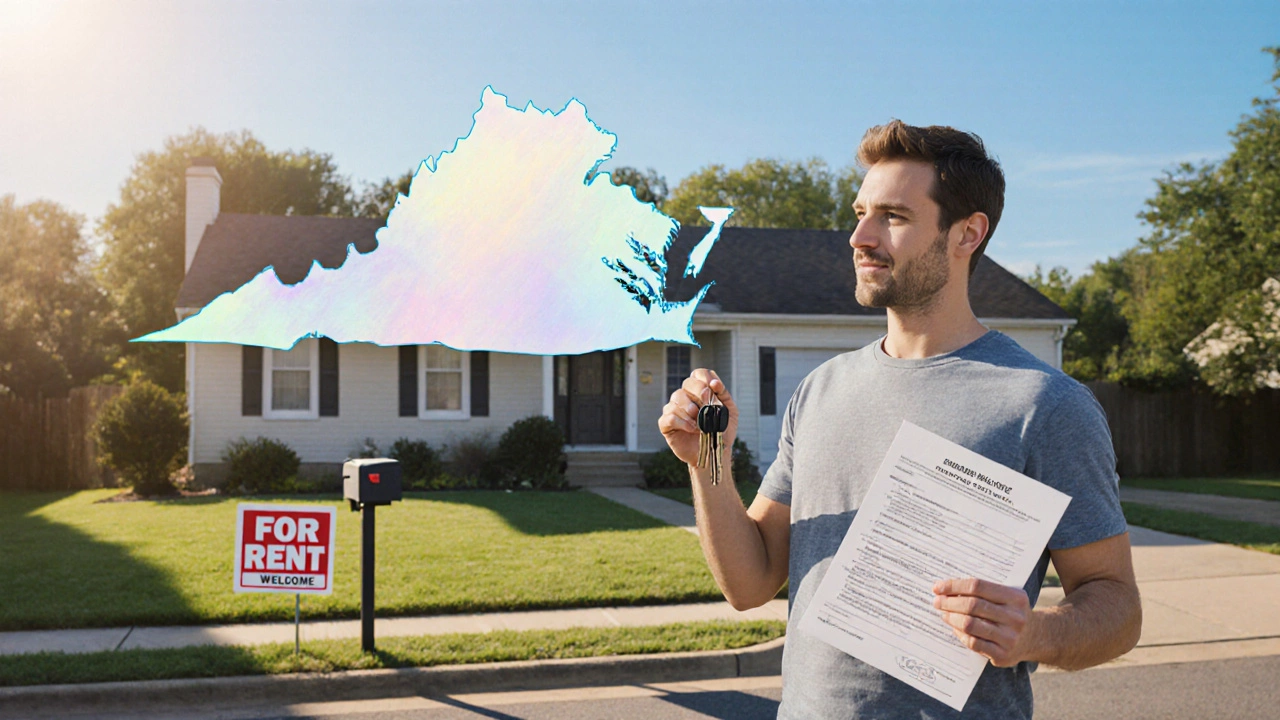
Learn if a Virginia rental license is required, who must get one, how to apply, fees, timelines, and common pitfalls for landlords.

Paying your property registration fee in NYC isn’t as confusing as it sounds, but it definitely packs in a few surprises. From getting familiar with ACRIS to avoiding common payment mistakes, this guide covers all the practical steps you need. Find out what fees to expect, how to pay them without getting tripped up, and where to go if you hit a snag. No jargon, just straightforward help. If you're registering property in New York City, save yourself some headaches and read on.
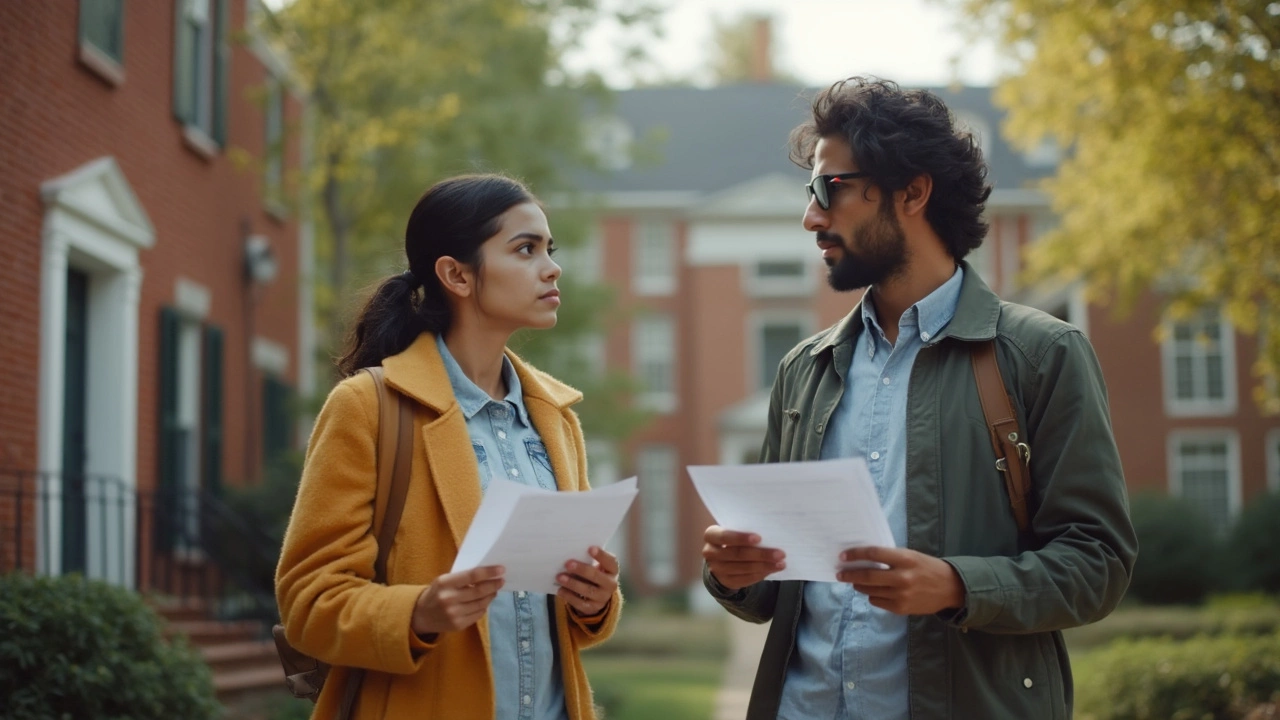
Curious if landlords in Virginia can ask renters to earn three times the monthly rent? This article digs into what the law actually says, why the 3x rule is common, and whether it's fair or legal. You'll get real tips for renters facing strict income requirements and what you can do if you're turned down. Expect straightforward explanations without the legal jargon. Whether you're house hunting or just trying to avoid headaches, this is info you need to know.

Owning property in Virginia while living somewhere else might sound simple, but there are key rules and hidden hassles. This article breaks down exactly what a nonresident property owner is, why it matters, and what responsibilities come with it. Get real-life examples and practical tips to avoid trouble with local laws. Find out the little-known quirks that can trip up out-of-state landlords. Stay ahead with clear advice on managing property from afar.

Thinking your landlord might sell the home you’re renting in Virginia? You’re not alone—this happens more often than you’d think. This article unpacks what tenants can really expect, whether your lease is monthly or yearly. You’ll learn exactly what happens when a landlord puts their property on the market, plus tips for protecting yourself. No nonsense, just straight answers with examples and practical advice you can actually use.

Looking to find the right website for rent-to-own homes? This article breaks down where to really find solid rent-to-own deals online. You’ll get honest tips, smart warnings about scams, and a quick guide on how these websites actually work. Get real-world tricks for spotting the good listings and avoiding the time-wasters. You’ll finish ready to tackle your search with confidence.

Curious about how much property tax you'll pay in Virginia? Find out how rates are set, why they vary so much by county, and when each bill is due. Get tips on staying ahead of deadlines and avoiding penalties. Everything you need to know—without the jargon.